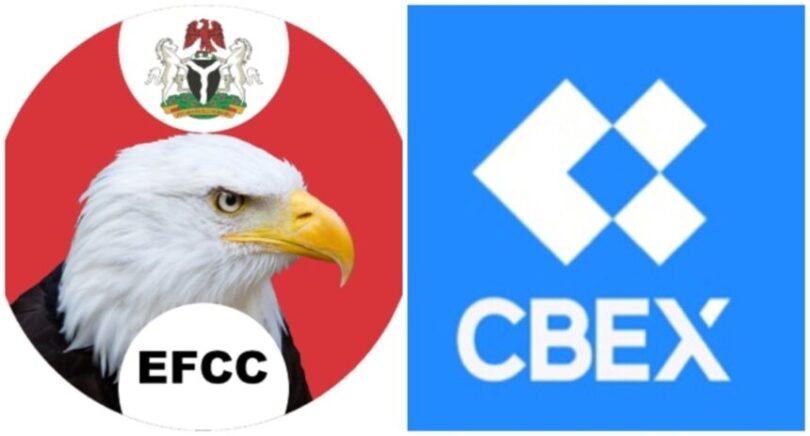Mathew Amaechi
The Economic and Financial Crimes Commission (EFCC) has made significant strides in unraveling one of Nigeria’s largest crypto fraud cases, recovering a portion of the N1.3 trillion ($847 million) stolen through the Crypto Bridge Exchange (CBEX) platform. EFCC Chairman Ola Olukoyede confirmed the progress in a televised interview, revealing that arrests have been made and funds traced, though challenges persist in converting cryptocurrency back to cash.
Olukoyede stated that the EFCC has recovered a “reasonable amount” of the stolen funds, which were funneled through non-custodial wallets lacking Know-Your-Customer (KYC) protocols. These wallets allowed perpetrators to anonymize transactions, complicating tracing efforts. Despite this, the agency blocked funds in European and Cambodian wallets before dispersal.
Eight suspects, including Seyi Oloyede and Joseph Michiro Kabera, have been declared wanted, with four Nigerians and four foreign nationals already in custody.
International collaboration with Interpol and Eastern European authorities is ongoing to apprehend fugitives.
Converting recovered crypto assets to cash remains difficult. Olukoyede explained that the process mirrors how funds were initially stolen: “There’s no way to get dollars in cash without going through the same crypto processes.” The use of decentralized wallets further obscures identities, requiring advanced blockchain forensics.
Despite its April collapse, CBEX has quietly resumed operations, luring new investors with promises of profit withdrawals while locking out older victims under the guise of a “UK audit.” New users are reportedly depositing funds, unaware of the platform’s fraudulent history.
The scam has left thousands destitute, with losses ranging from school fees to life savings. Social media is flooded with harrowing accounts, including a bride-to-be who lost $1,000 meant for her wedding and a student whose tuition vanished. Aggrieved investors stormed CBEX offices in Ibadan and Abuja, prompting heightened security to prevent violence.
The EFCC and Securities and Exchange Commission (SEC) have shifted responsibility, citing CBEX’s lack of registration in Nigeria and its Chinese origins. SEC reiterated warnings against unlicensed platforms, urging Nigerians to avoid schemes promising “100% returns in 30 days.”

